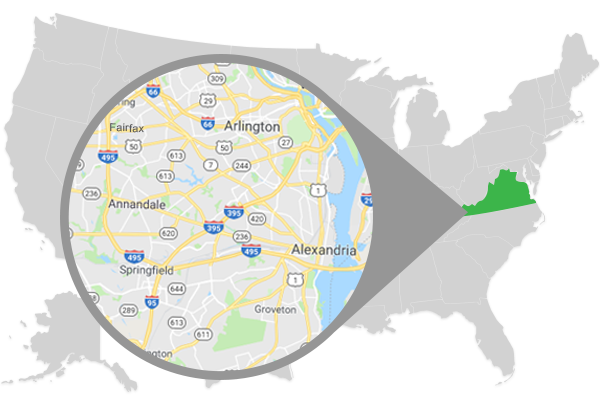It is not uncommon for homeowners to find birds in their vents. Despite most vents in homes having flaps, these birds tend to fly in and construct nests in the ductwork. The most preferred spots for birds to build nests are the bathroom fan vents but they might also form them in dryer vents if there is a break somewhere along the duct. Birds might also pick roof vents if the screening present inside has been damaged. The best possible way to deal with this problem in a humane way is to call Summit Environmental Solutions.
Common issues with bird nesting
The most pervasive problems that are found when birds nest in the vents of homes happen to be odour, noise, bird parasites which can be hazardous to health, droppings of the birds ruining the exterior part of the house, and impairment of the function of the fan located in the vent. In many cases, homeowners will also find the noise to become a big problem and this usually happens when the young hatch out and begin a lot of ruckus and screeches. The homeowner must get used to these noises until they leave the nest.
Dealing with odor
The entire house may begin to smell bad if the odor emanates from the accumulation of birds dropping and died young in the vents of the homes, which the adults do not remove from the nest. There are lots of bird parasites including mites which tend to migrate away from the empty nests or the dead birds and may drop from the fan inside the house. Animal removal services warn that on many occasions, flies and maggots may come into the house when there are dead birds inside the duct of the home.
Resolving indoor bird issues
The best way to prevent any of these problems from occurring in the home environment is to seek professional help to prevent entry of the birds in the vents. Animal removal services can set up ready-made screens that are somewhat easy to install and can be found easily in hardware shops. They are good at installing guards which fit into the top of the downspouts in homes. All the vents must entirely be covered by the professional crew to prevent the birds from moving from one vent till another. Nesting material must be kept out of sight. As soon as the vents get screened, it is not possible for any bird to enter into the vents.




